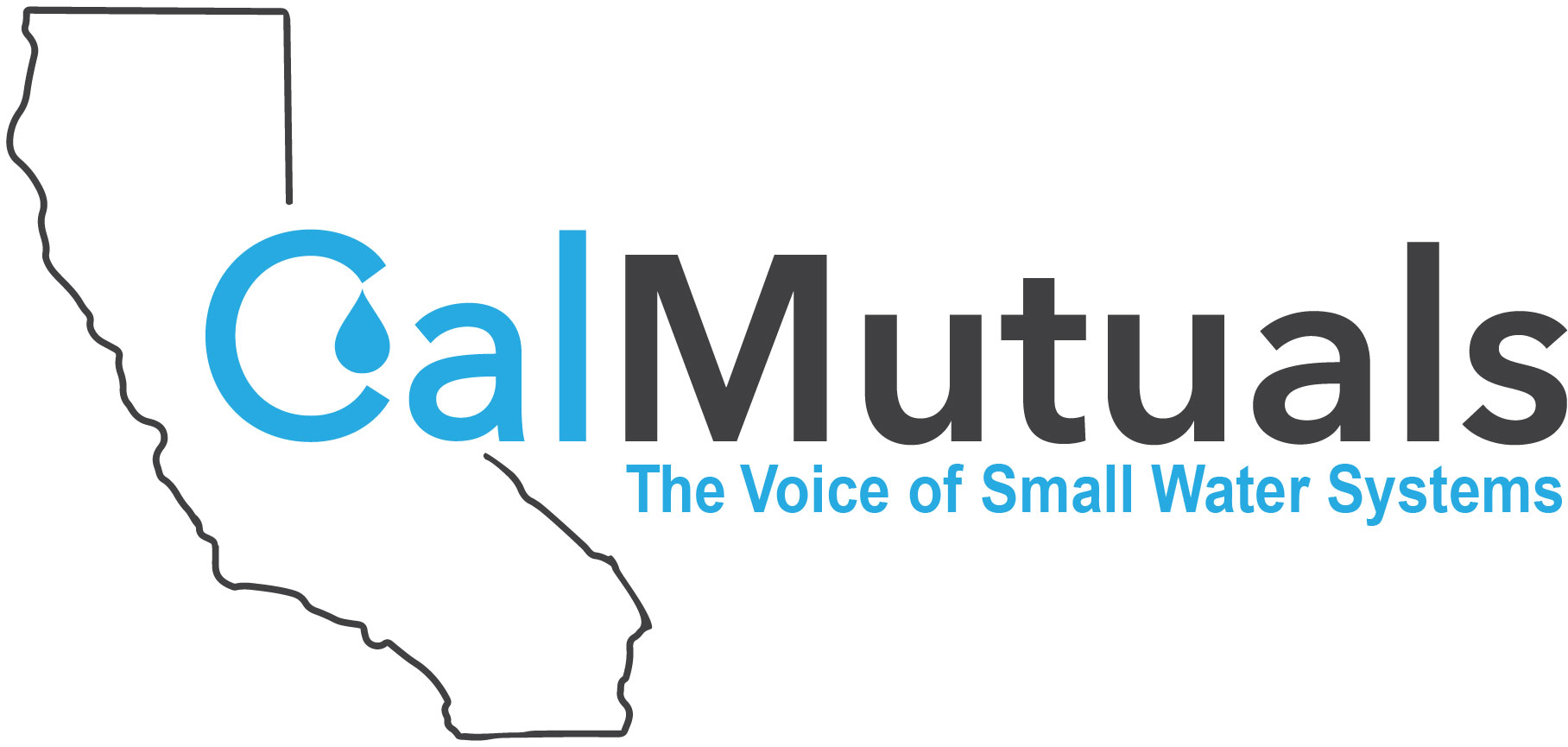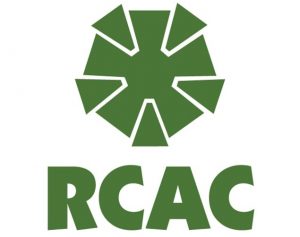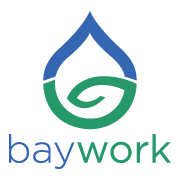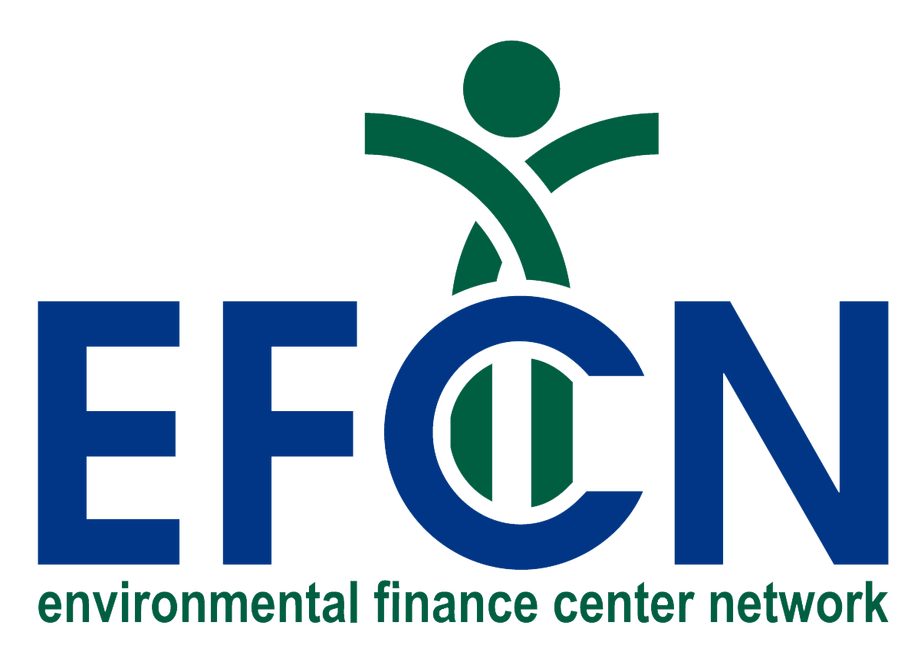RCAC: The Safe Water Drinking Act
Webinar OnlyDescription: Throughout the country, small water system staff adhere to regulations to provide safe drinking water for their customers. The drinking water system staff follow direction from the state or county health department but may not realize that these regulations began at a federal level. This workshop will teach operators, managers, and board members how and why these regulations exist. Participants will learn: · The basis for SDWA and the related U.S. code and federal regulations · How drinking water events correspond with amendments to the SDWA · How to look-up drinking water regulations under development and review Recommended audience: Managers, board members and operators.



